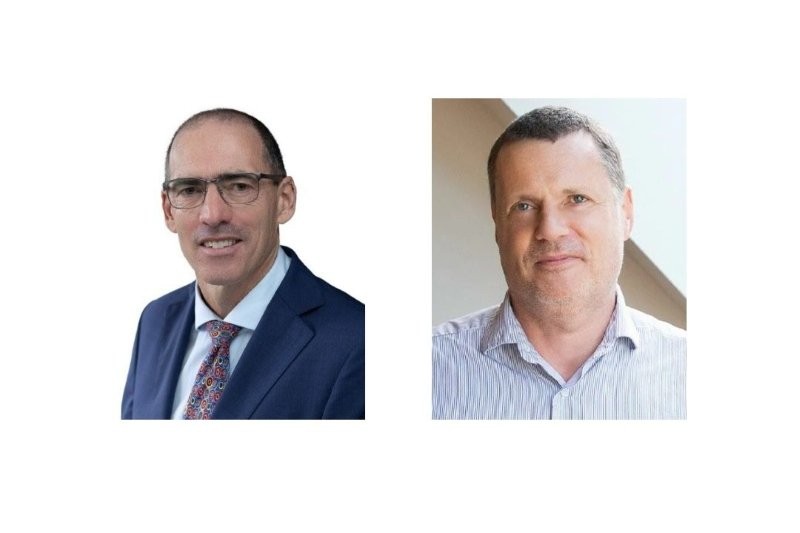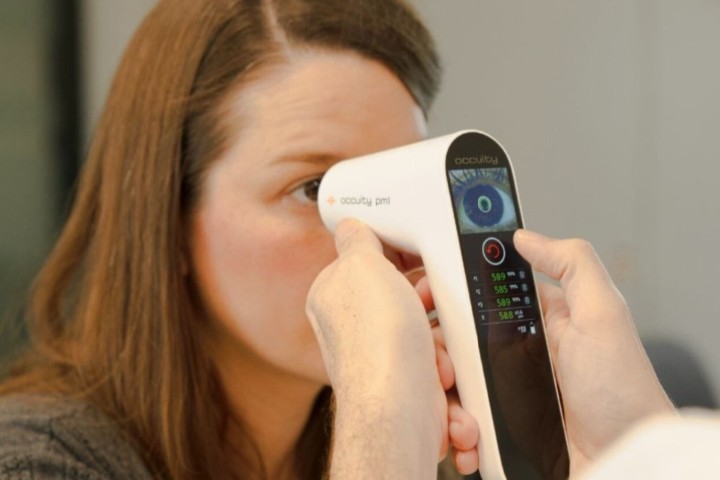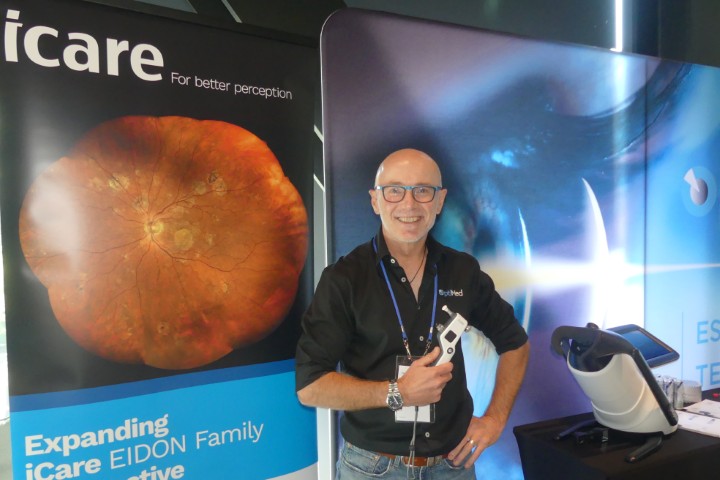Vision rehab with a holistic lens
Auckland-based Vision Rehabilitation Services (VRS) is a disability, low vision and blind rehabilitation service offering holistic and inclusive support. Building on a pro bono foundation, VRS is now a self-sufficient charity funded by grants and sponsors, said rehabilitation specialist and founder Mary Grace Roaquin. “VRS is not your typical rehab charity. We abide by the philosophy that recovery and adjustment from vision loss or any disability requires a full spectrum of holistic and seamless care, therapy, training and adaptation, instead of a narrow focus on one area of care, unlike other services currently presented in New Zealand.”
VRS’s objective is early intervention, connecting with hospital patients before they’re discharged. Services are tailored to individual needs and can cover adjustment training, independent life skills training, assistive technology, orientation and mobility training, vocational rehabilitation and low vision adaptation. Standard intervention is six hours (four hours inpatient care and two hours at home or as an outpatient service) but that can be extended as needed, following an assessment and rehab plan, said Roaquin.
Another important aspect of VRS’s services is it supports whānau, said Roaquin. “The family is the most integral part of a client’s rehabilitation, particularly at the early stage of rehab. At assessment and during rehab training and service provision, we want them to be part of the team and collaborate in decision-making, as well as reinforce proper adaptive methods while skills are being learned.”
Whānau support typically involves helping them better understand the disability and its challenges, as well as introducing them to additional support and mentors outside VRS when needed, she said. “There is no one-size-fits-all approach. There is also no such thing as a quick fix against easing loss of vision or any level of disability. Rehabilitation can take time and is most successful when it is comprehensive and multifaceted.”
VRS supports clients in Auckland and Northland with brain injury, sensory issues and visual impairment. An initial referral can be made online and should specify if it’s concerning an eye condition and, if possible, a specific diagnosis. Contact with client is typically established within 24-48 hours, said Roaquin.


























